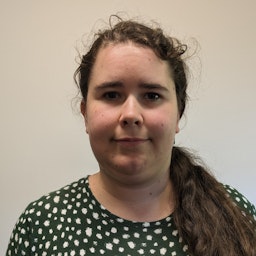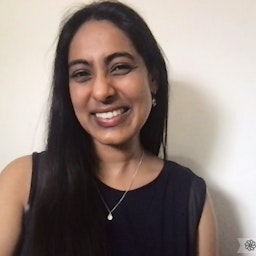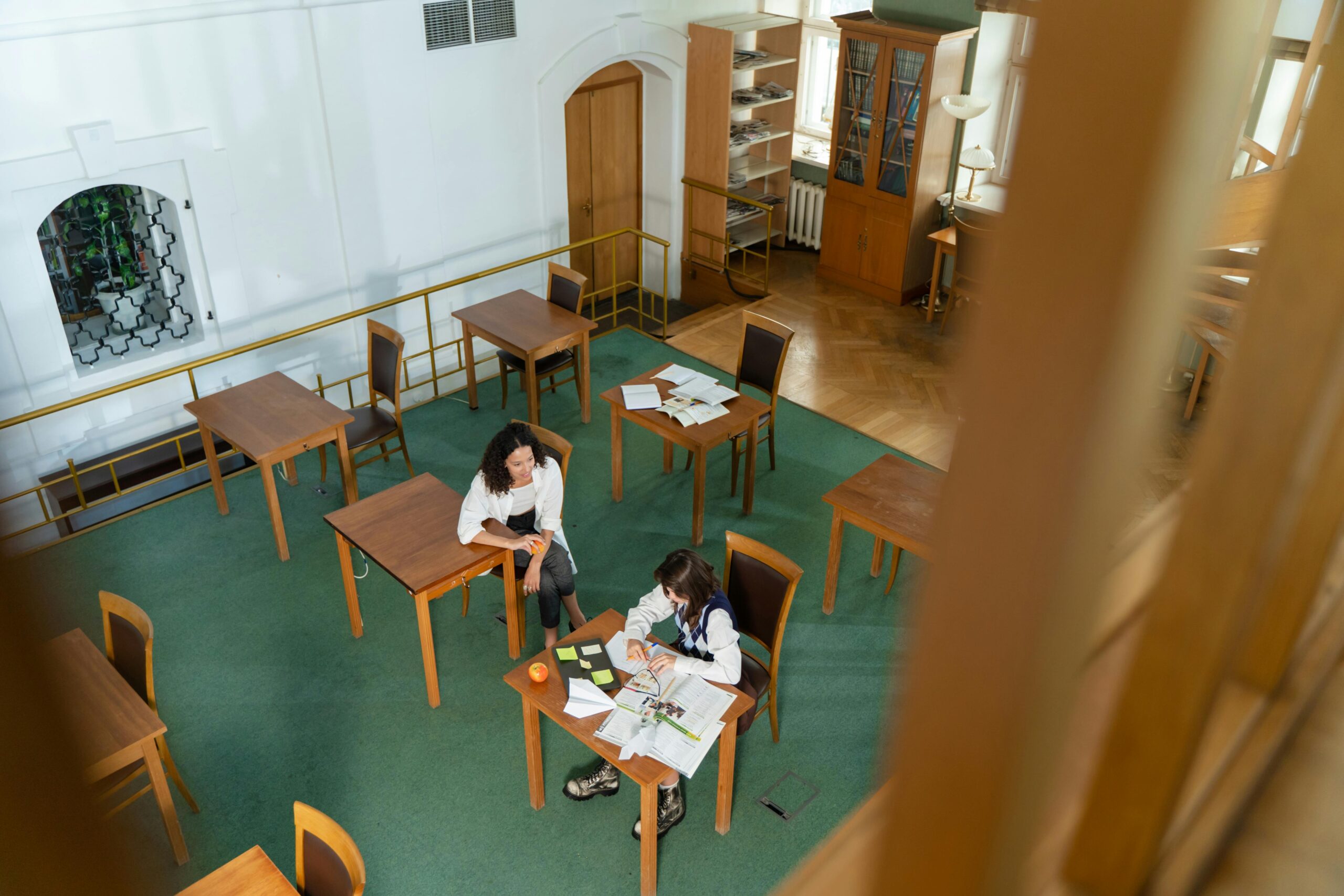Learnmate makes it easy to find the perfect TASC Tutor to support you. We take the hassle out of your tutor search, giving you access to a wide variety of experienced and professional TASC Tutors available right now. All of our tutors have themselves attained outstanding study scores and are trained and verified. When you hire a Learnmate tutor, you can be sure you’re learning from the very best.
Yumi’s Story: Full Circle Mentorship
The International Baccalaureate (IB) is one of the most challenging academic programs, and for many students, it can feel overwhelming....
3 Jul 2025






















